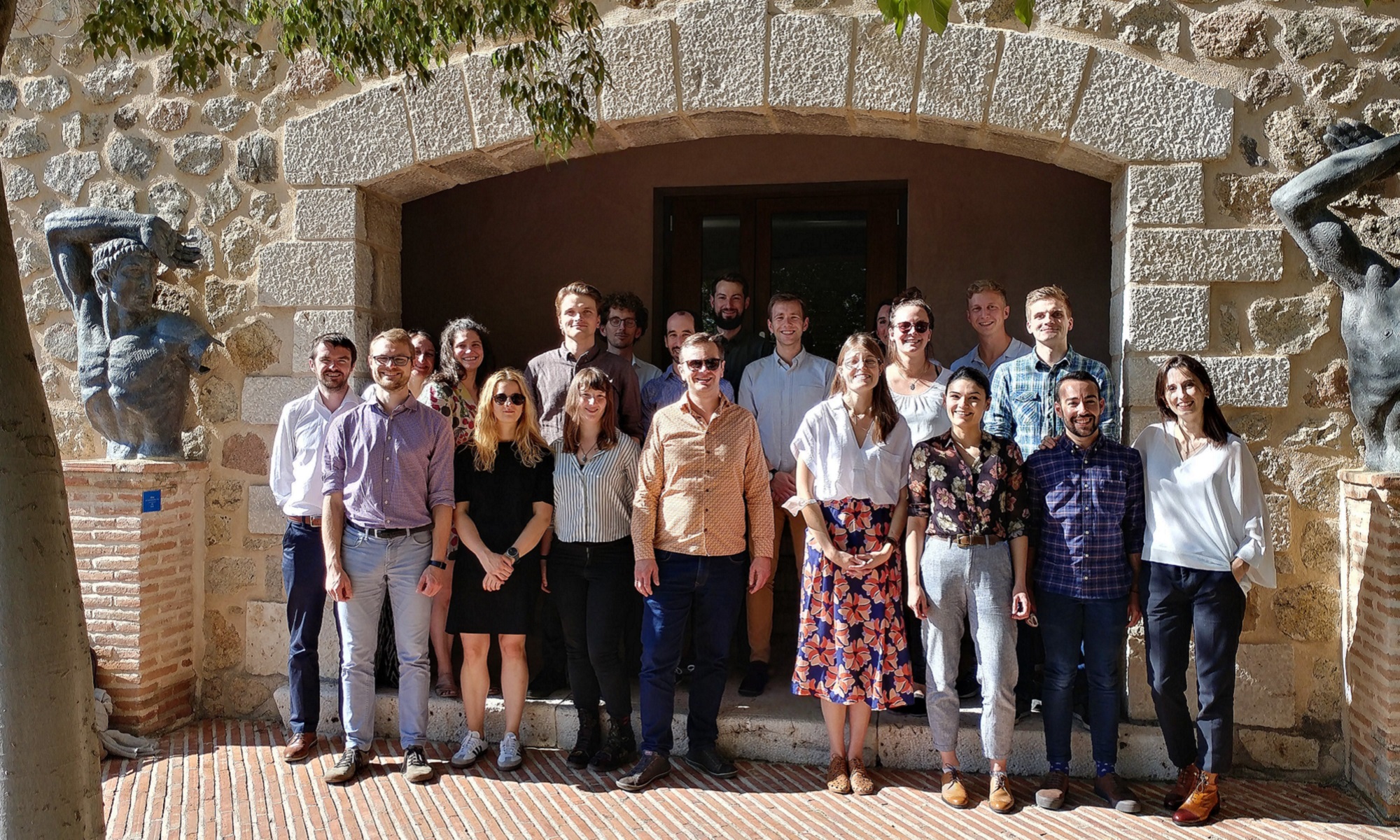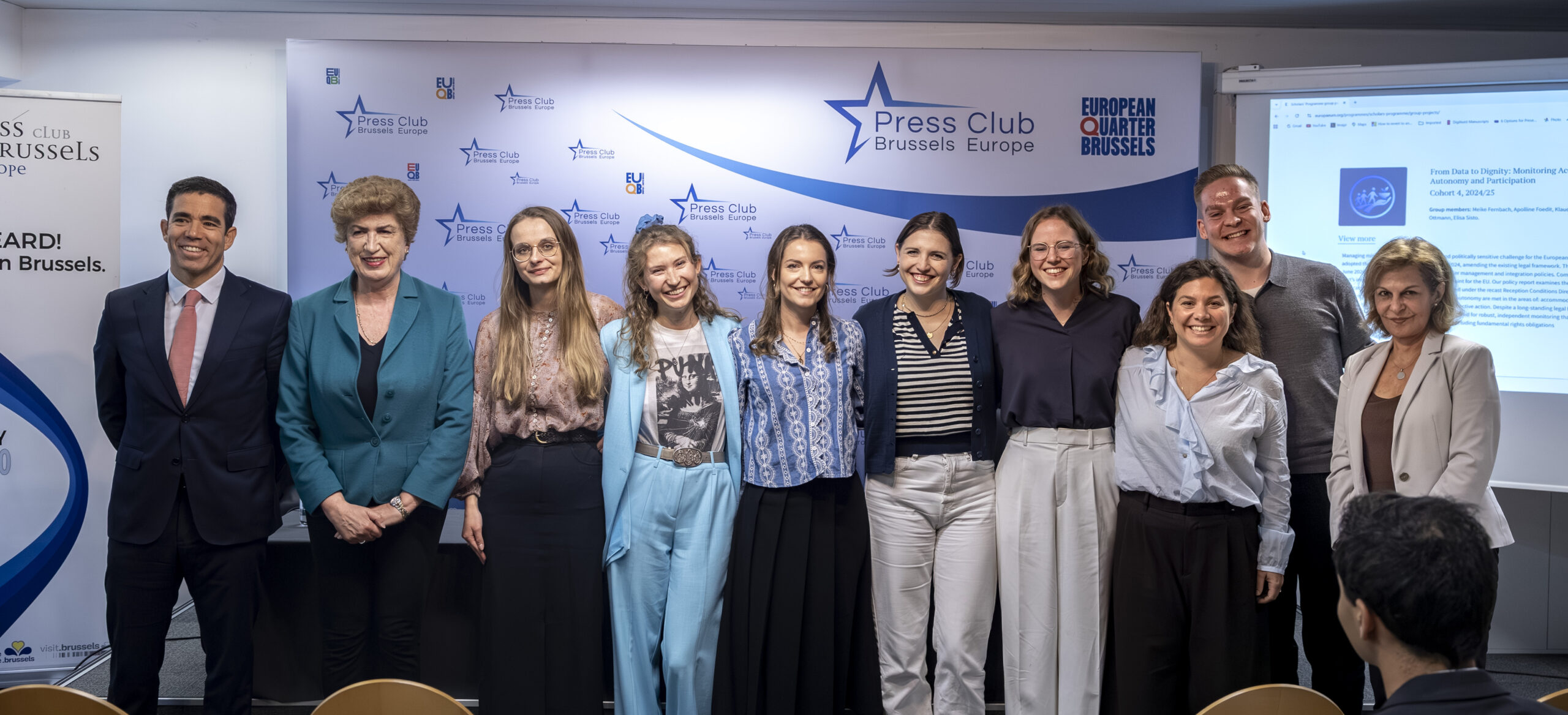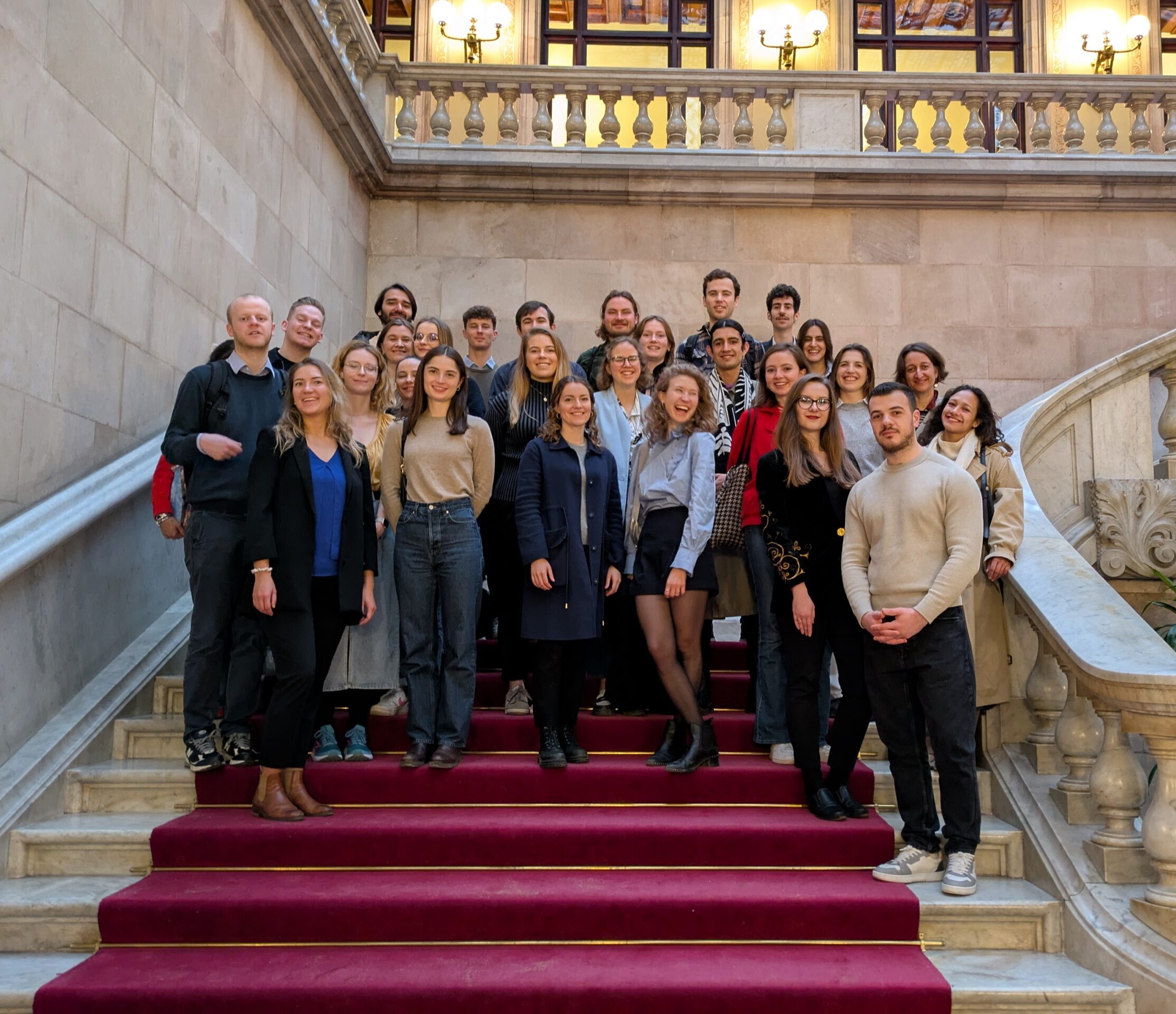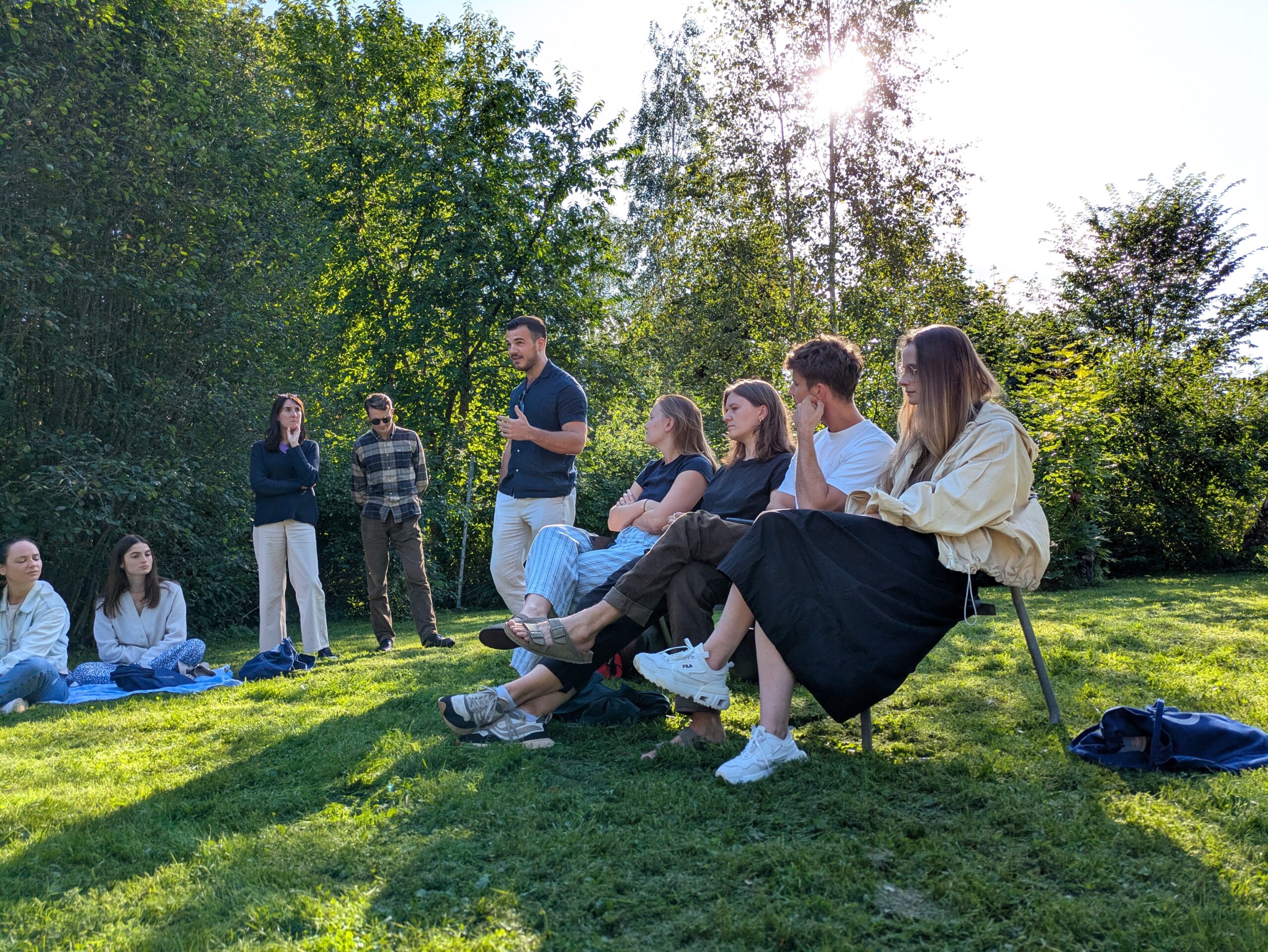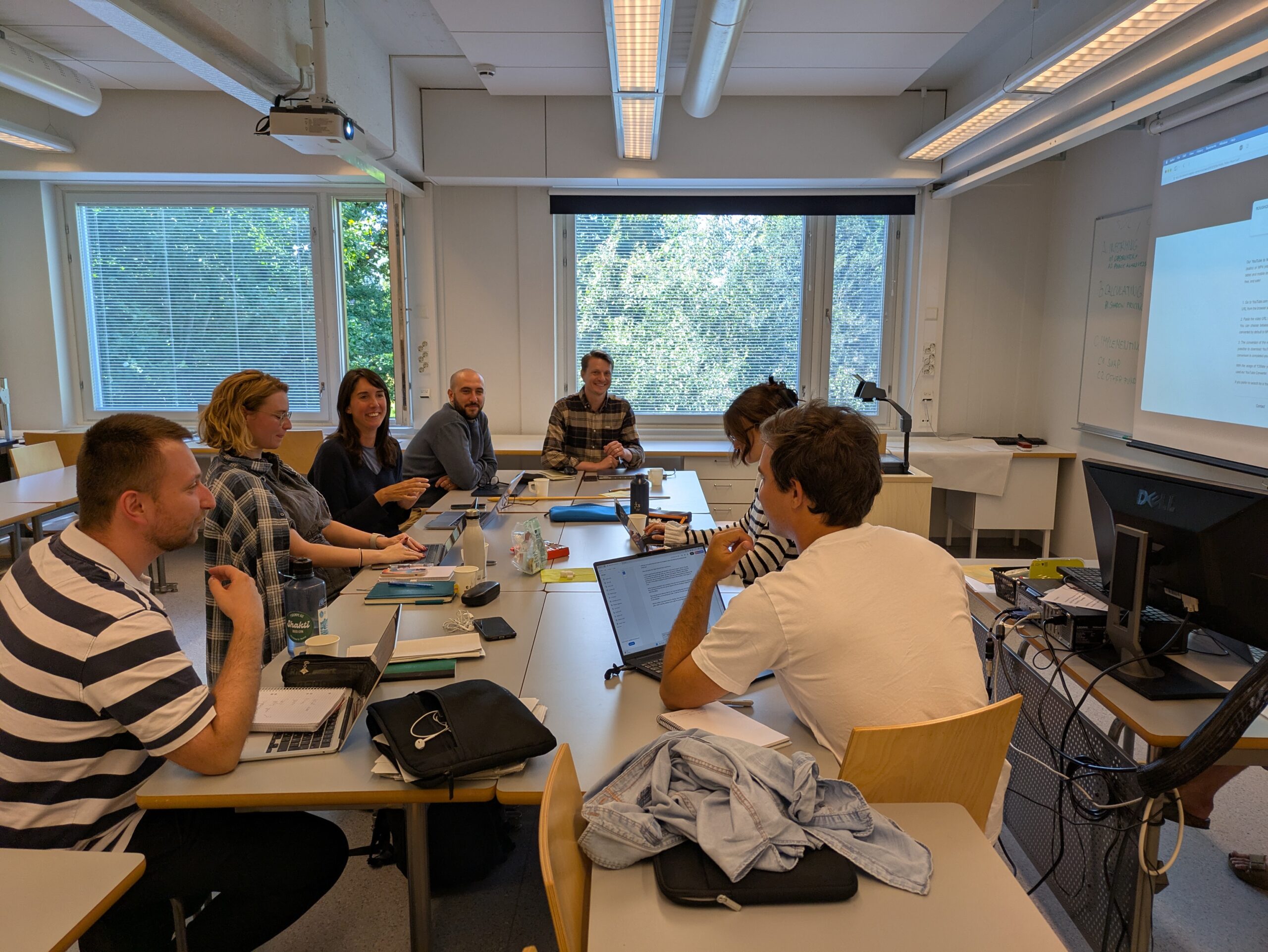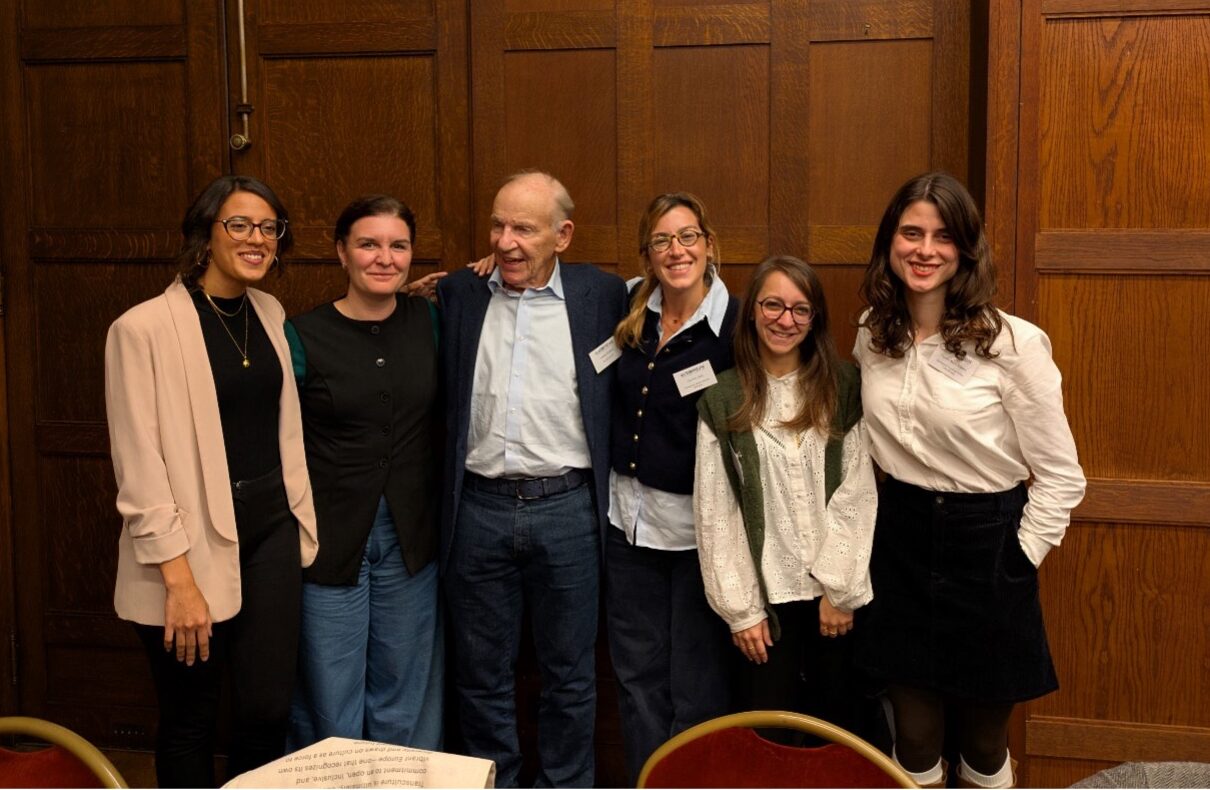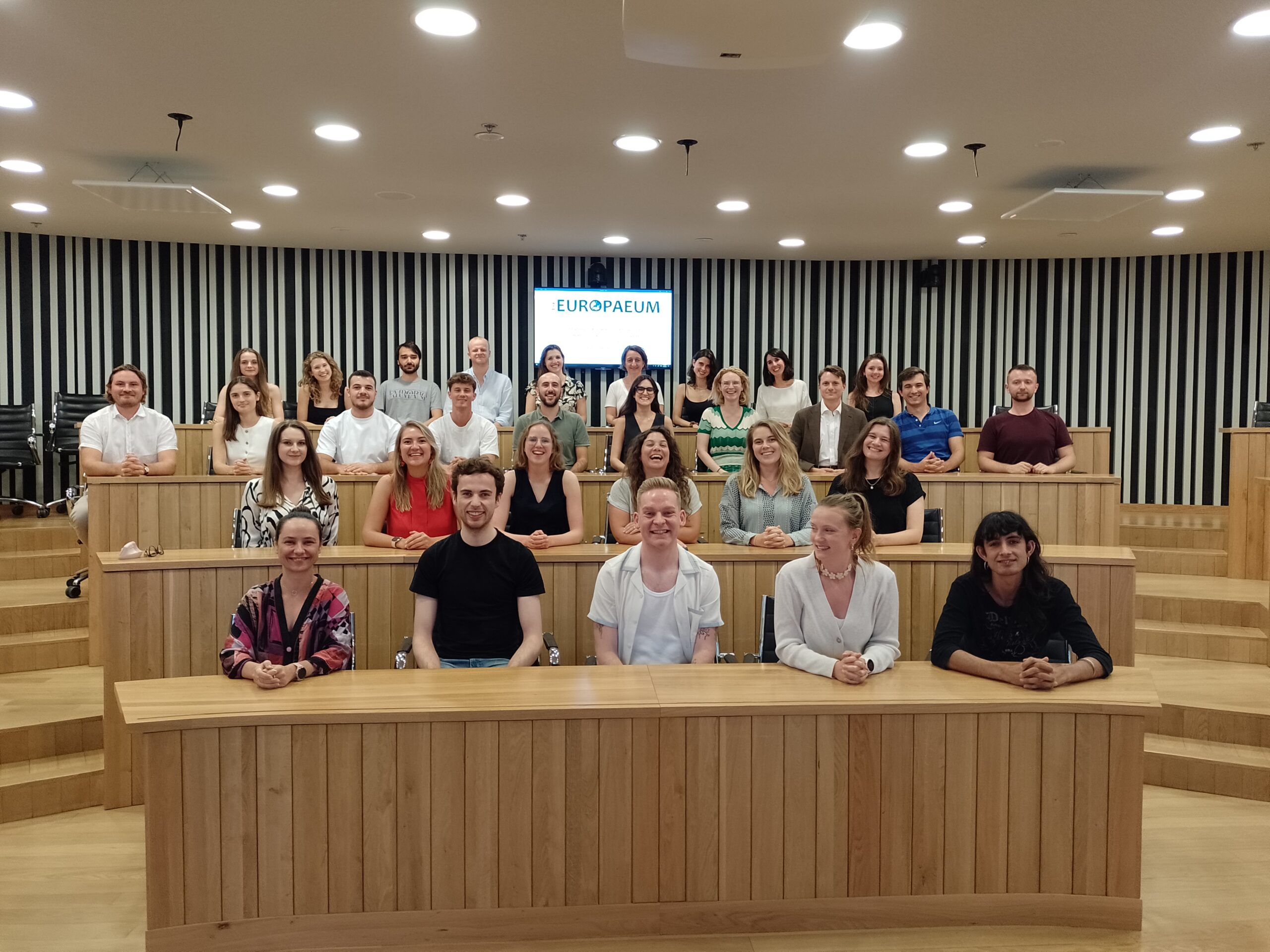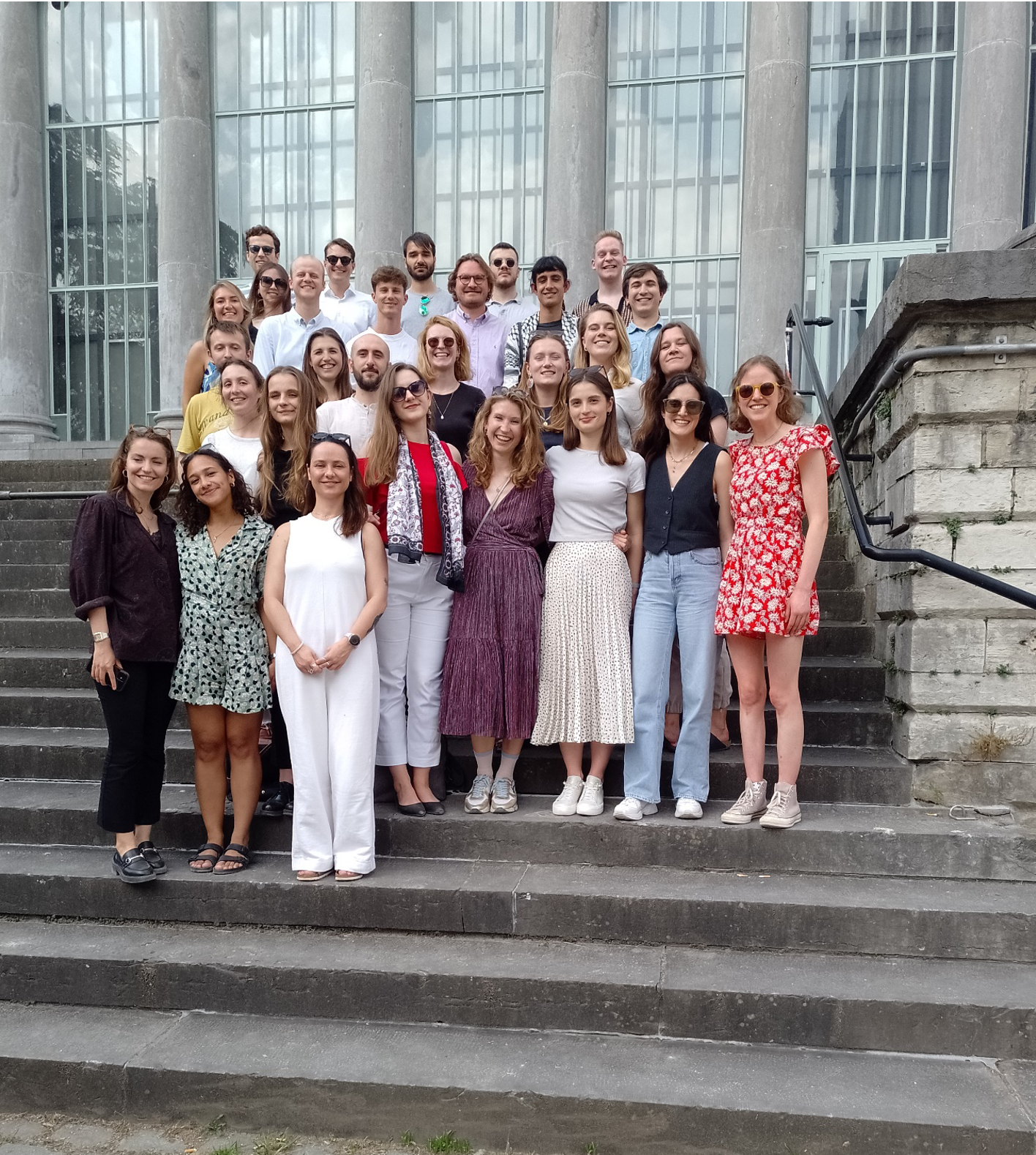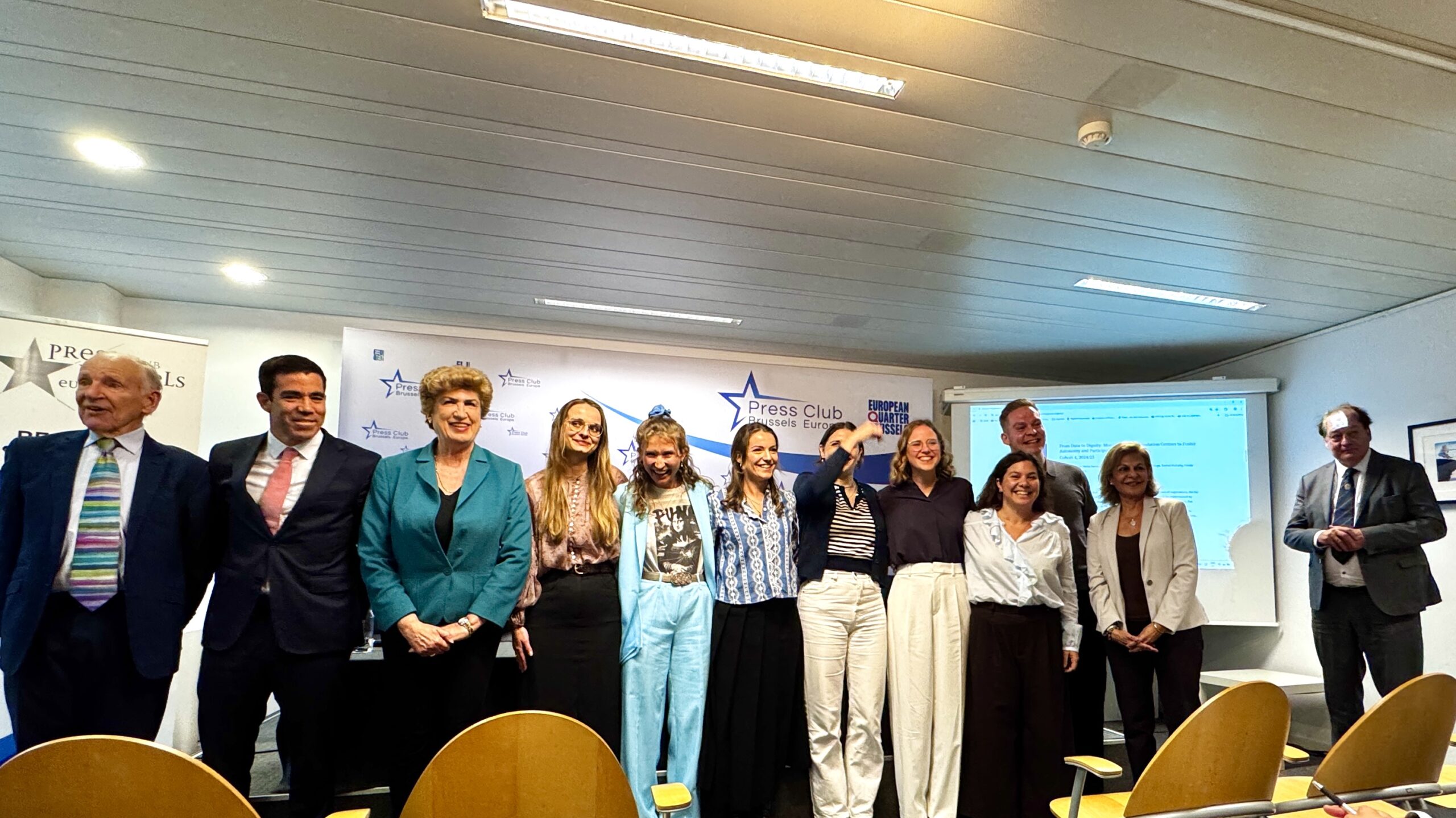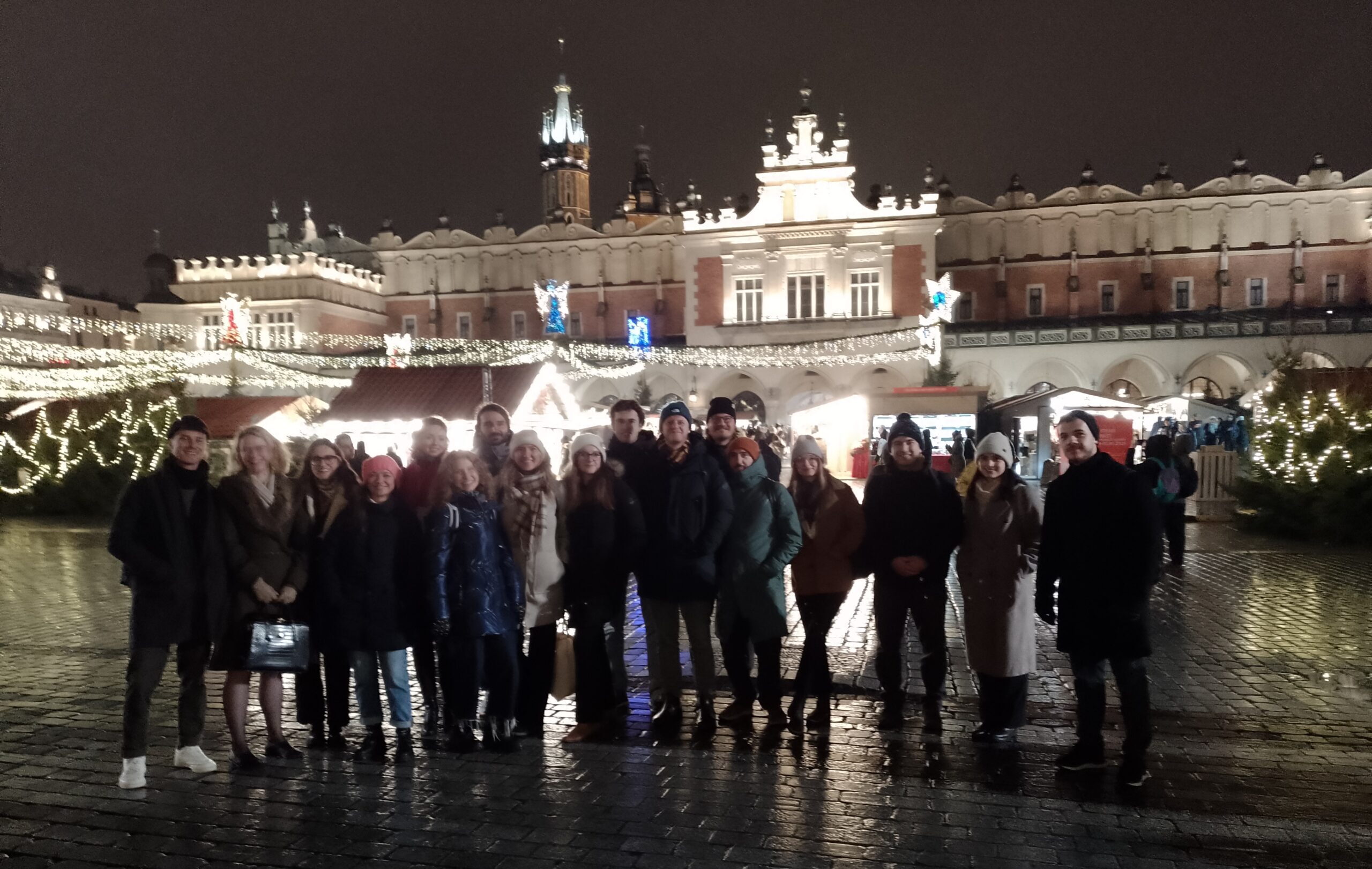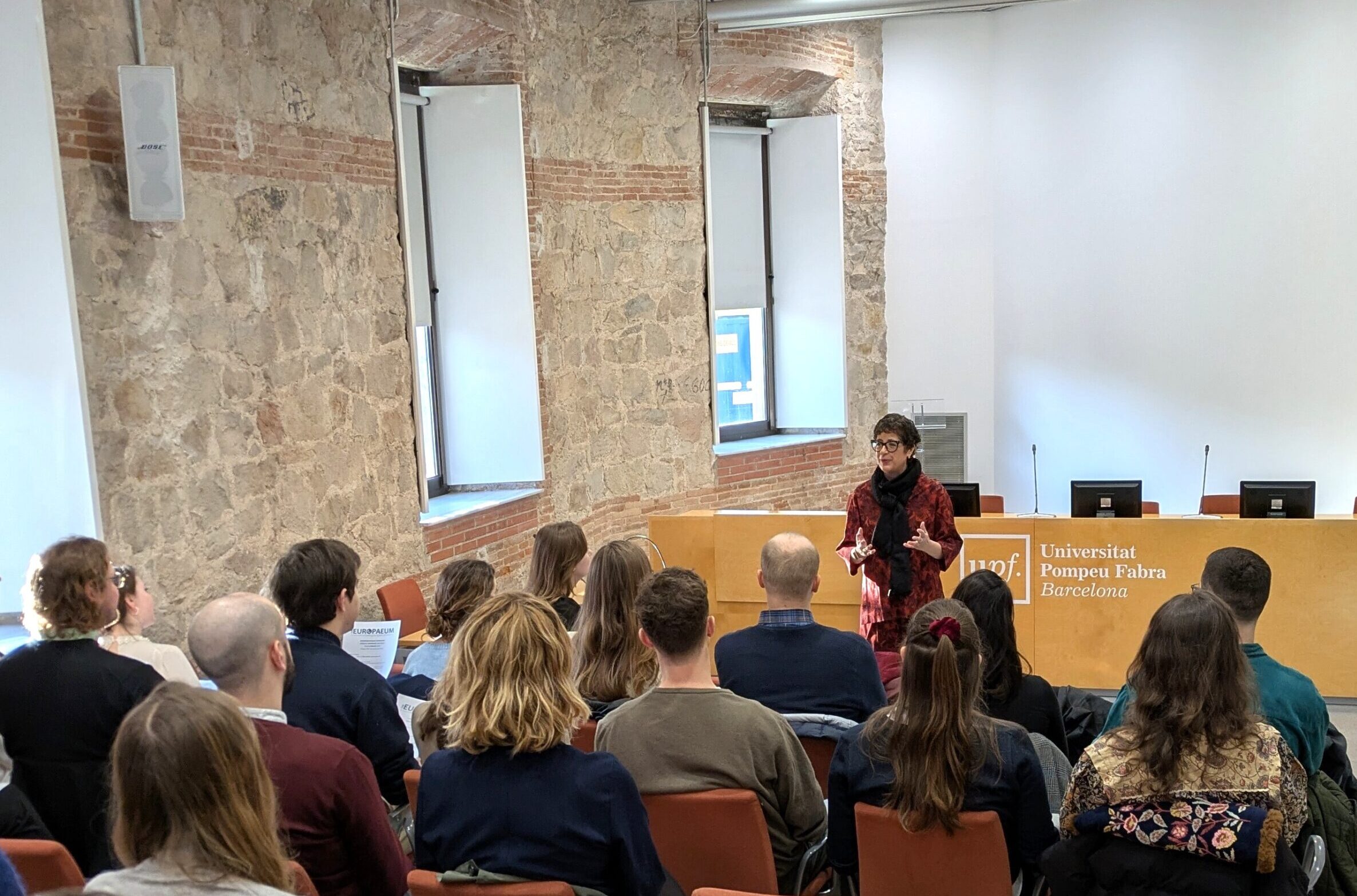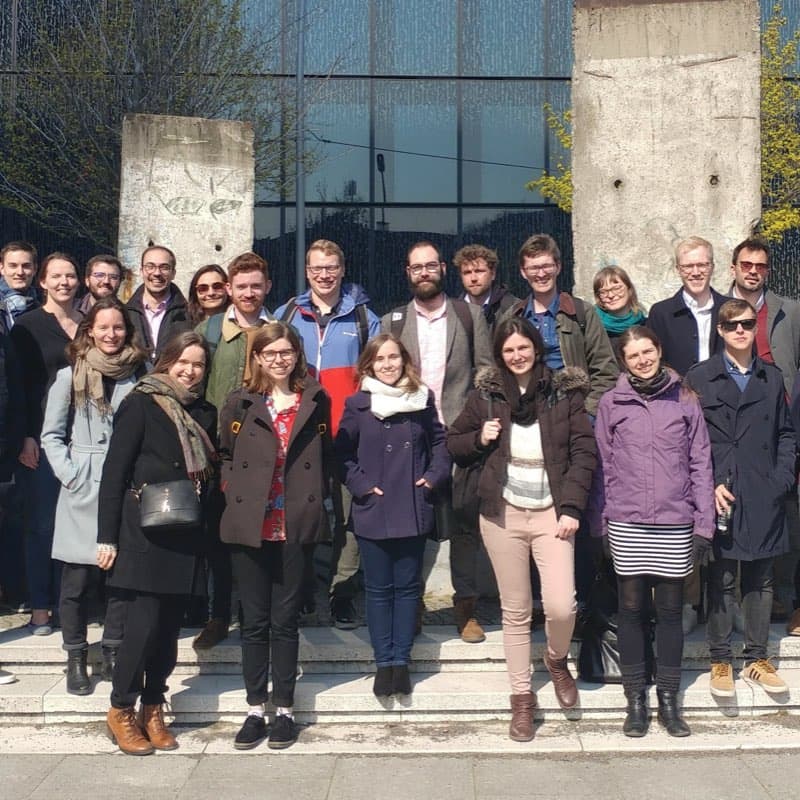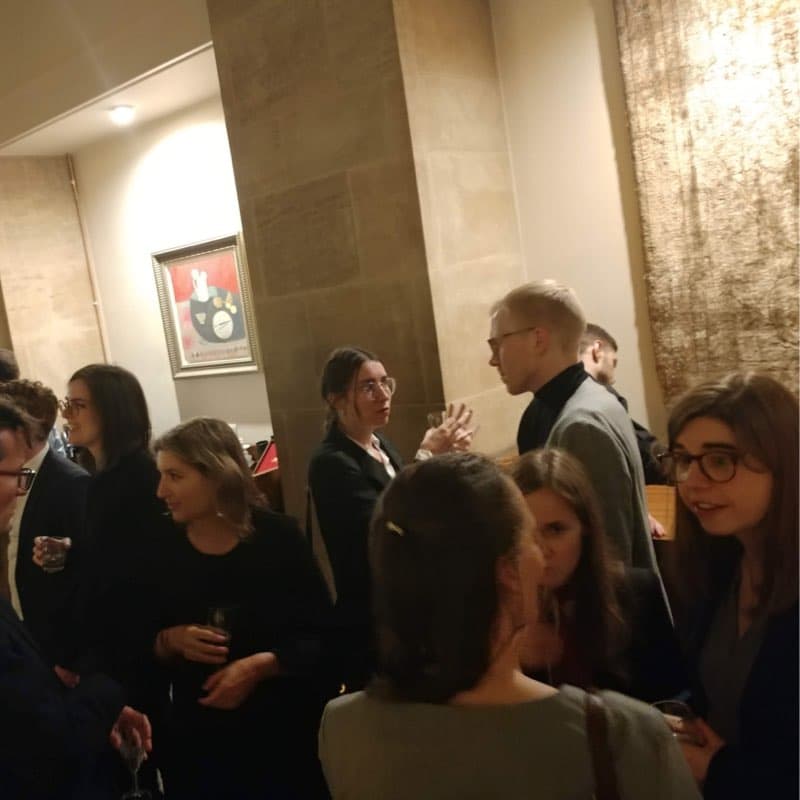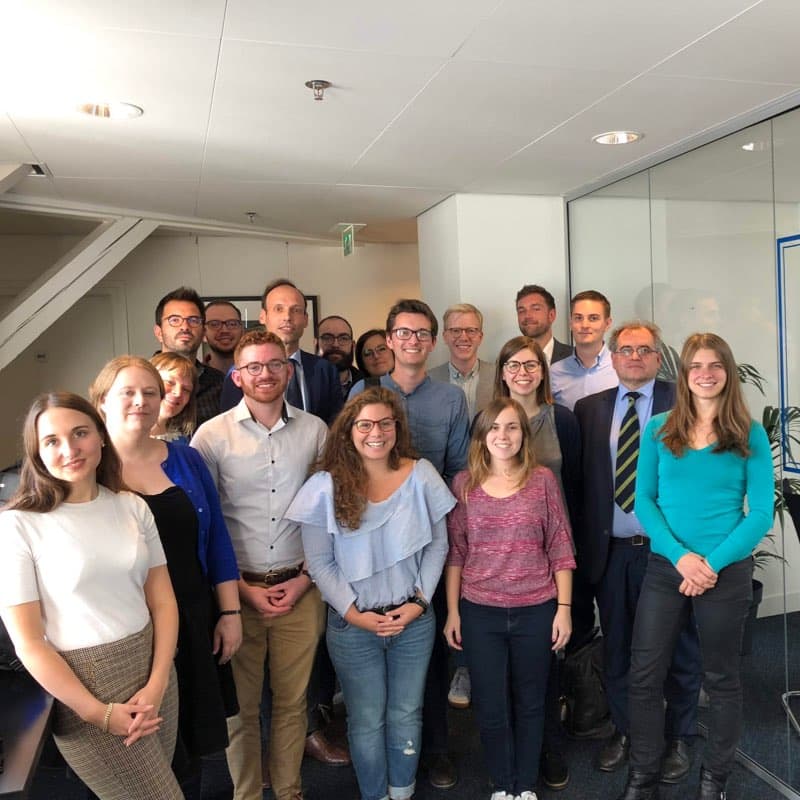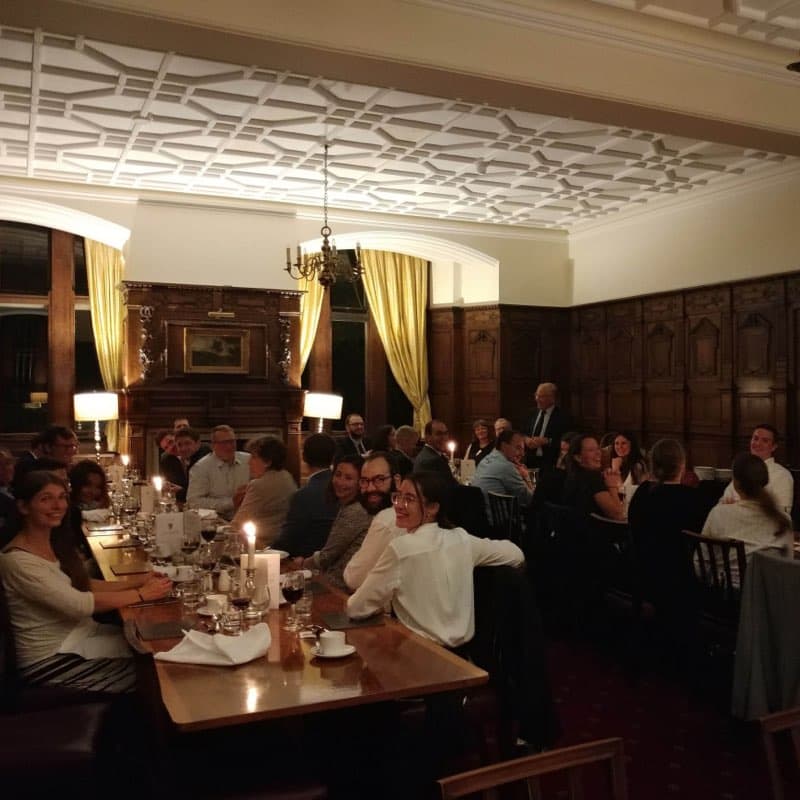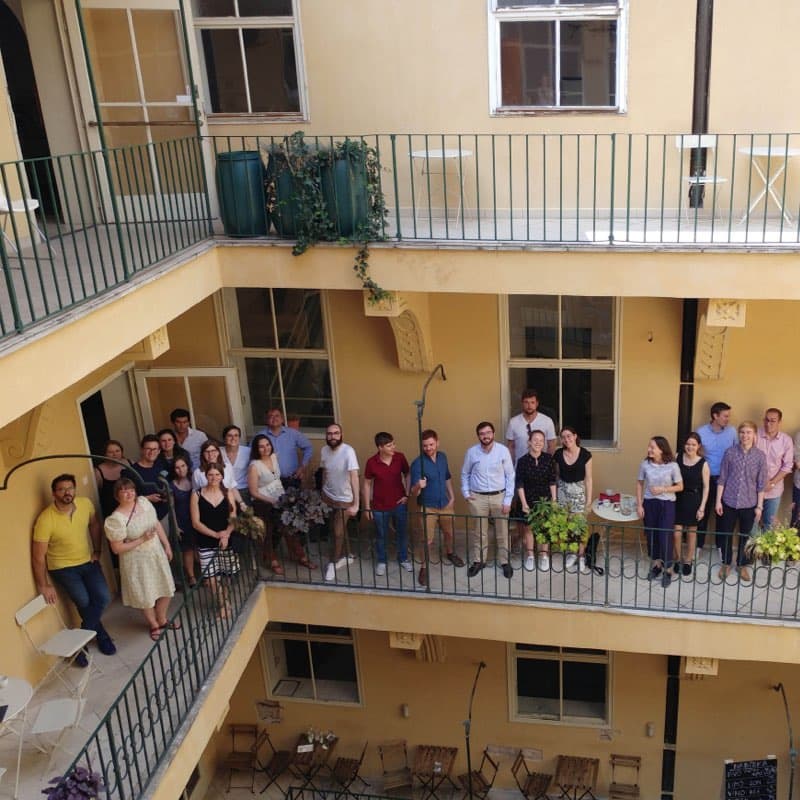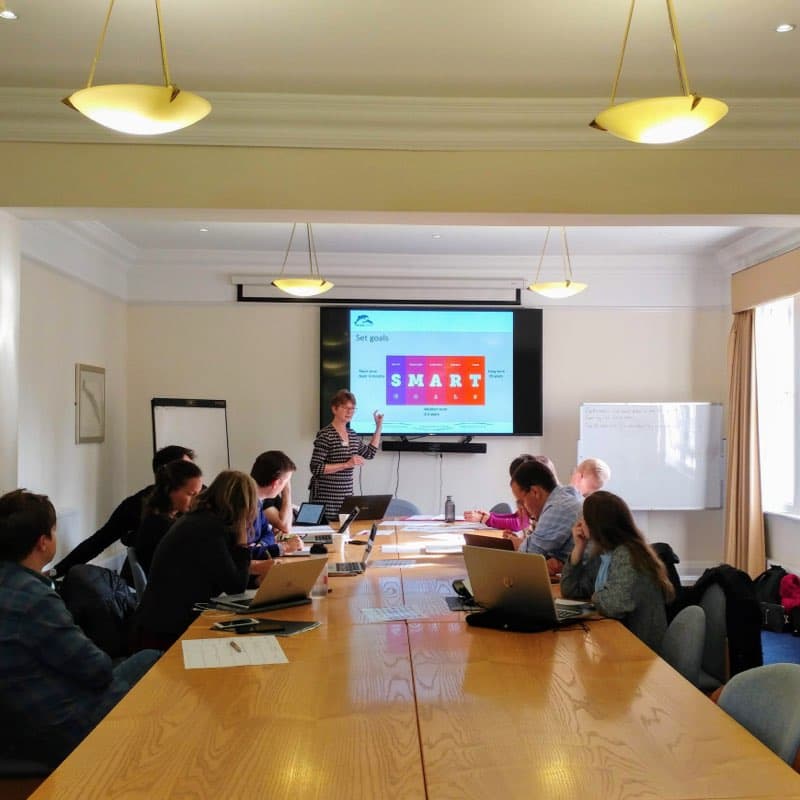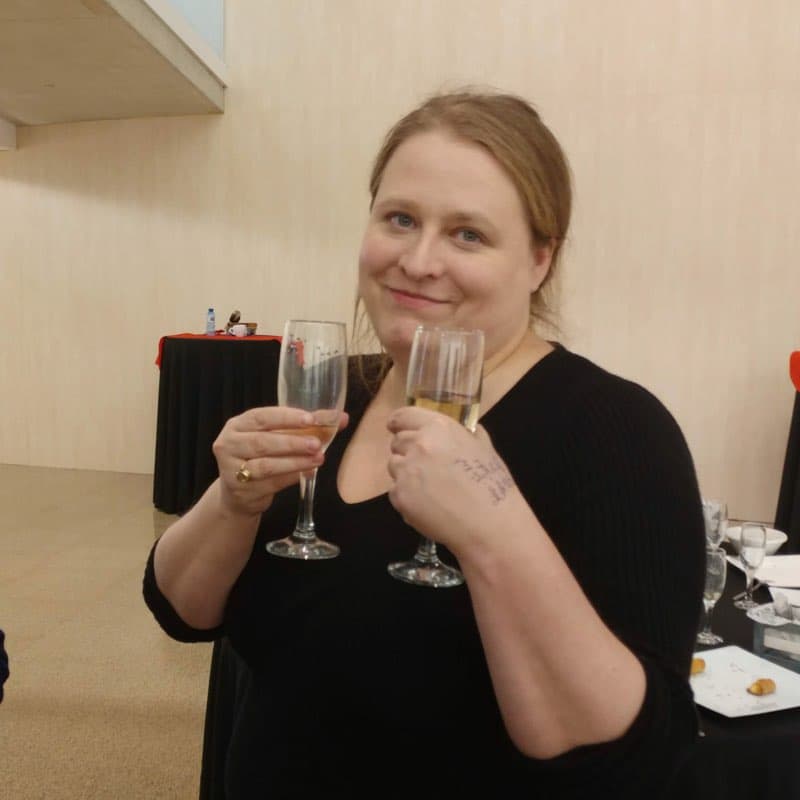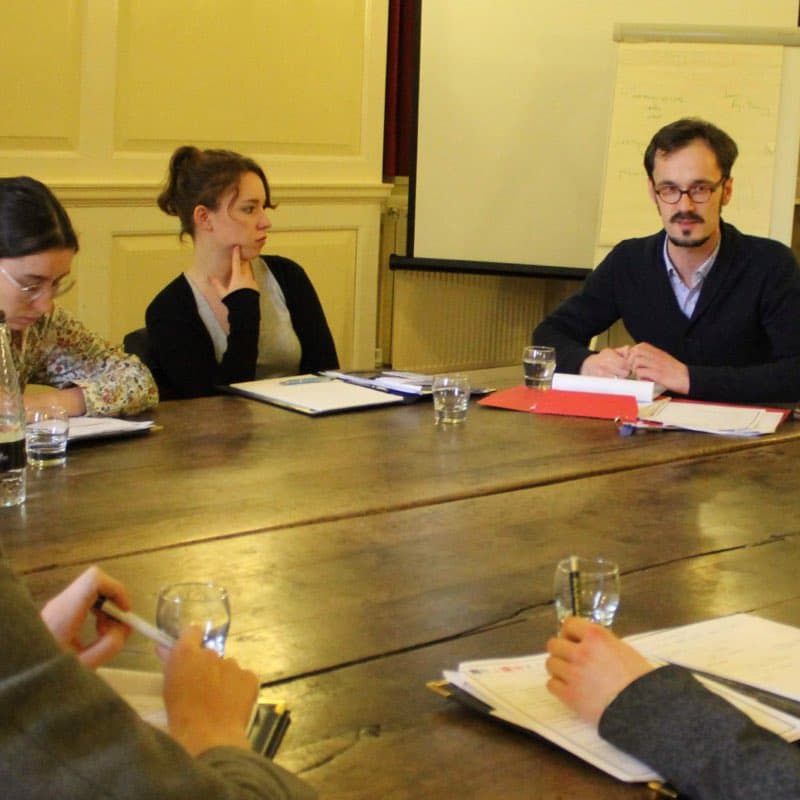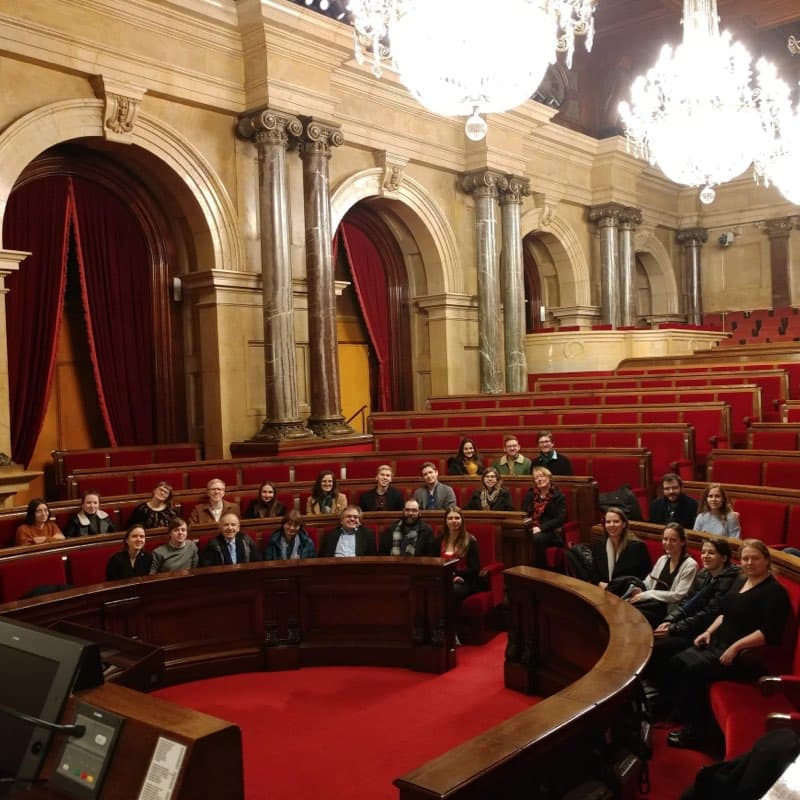We are excited to announce that admission is now open for this programme.
You can find below the eligibility requirements for the programme and a breakdown of all the documents that applicants need to submit, as well as guidance on application materials. Please also see the FAQs document and the brochure for the programme.
The Programme Director, Dr Tracey Sowerby will be holding information sessions about the programme on the following dates. Please click on the registration links to register to attend these in advance.
Information sessions (Open to Europaeum Doctoral students and staff)
Eligibility
Applications are now open for 2026-2027 and will close at 23.59 GMT / 00.59 CET on 15 March 2026.
To be eligible you must:
- be a doctoral candidate with at least two years left before you submit your thesis, in most of our member universities that means you are likely to be in your first or second year;
- be currently enrolled in one of our member universities;
- have at least some of your work engaging with disciplines in the Humanities and/or the Social Sciences; if based in STEM, your work must have a strong European policy dimension;
- be pursuing research related to the study of Europe (broadly defined) and/or have strong extracurricular interests in current European affairs.
Who we are looking for
Our Future Leaders will be people who “think for themselves but not just of themselves”. They should have the desire to shape the future of Europe to create a better, fairer Europe for all. And they should have the potential to do so. They will combine academic excellence with a clear commitment to promoting the public good and have the personal skills to take on leadership roles. Highly motivated and well-organised, they will have a strong interest in taking the lessons that can be learned from academic research to the public arena.
- All applicants must have the support of their home university and their supervisor.
- Candidates should have two years left on their doctoral programme and have an excellent command of English.Please see below for our detailed Selection Criteria.
Selection Criteria
The criteria for selection include outstanding academic ability, evidence of clear commitment to promoting the public good, and a high level of personal qualities that command respect. They are listed in more detail below.
Academic Criteria
Applicants must demonstrate:
- EITHER exceptional results in their undergraduate work (a First Class Degree or its equivalent – see table below for guidance) OR outstanding graduate work, such as a Distinction in a Master’s Course (or an equivalent level of performance if a different grading system is used). They must also submit two academic references stating that the applicant is capable of performing exceptionally well at the doctoral level. One of these must be from the doctoral supervisor (or in cases where a supervisor has not yet been appointed, the applicant’s director of studies). In a few exceptional cases, outstanding academic references might compensate for less than outstanding degree results. Please refer to the table below for guidance.
- Evidence of a willingness to engage in interdisciplinary dialogue.
- An excellent command of English.
Non-academic Criteria
Applicants should demonstrate:
- A clear and strong commitment to the public good and a high level of personal qualities that command respect.
- Good interpersonal skills, particularly the ability or potential to work well as part of team.
- A strong interest in connecting academic ideas with policy making and/or practice.
- The potential to lead and motivate others.
- Good time management skills that would permit the successful applicant to complete this programme while excelling in their doctoral studies.
European Relevance
Applicants must demonstrate:
- Research interests that relate to the study of Europe (broadly defined).
AND/OR
- Evidence of personal experience or extra-curricular activities that demonstrate a strong personal interest in European affairs.
- (if applicable) the potential of their research or extra-curricular interests to contribute to debates about issues of contemporary concern within Europe (broadly defined).
All successful applicants should demonstrate academic excellence and either leadership experience or that they have made a contribution of some sort to their community or society.
Academic thresholds
We would expect successful applicants to meet either the undergraduate degree or postgraduate degree thresholds below (or both). The grades represent the overall grade or average achieved during the candidate’s degree. We are aware that in subjects such as law the overall grade profiles tend to be lower and would encourage anyone who has any queries about their eligibility to contact us. We would encourage the selection committees to exercise reasonable judgement in such cases. This list is intended as indicative – we are aware that applicants are likely to be applying who hold qualifications from other countries. The table has been compiled using international equivalency standards used by UK universities.
What to include with your application
- A Personal Statement of no more than 500 words. This should explain how you feel you are suitable for the programme (both academically and personally) and your motivation for applying. It should include examples of what you consider to be the public good and why / how you are personally committed to promoting it.
- Your answers to the two questions (see below) in no more than 200 words.
- Your CV (max 2 pages)
- Degree certificates for your completed undergraduate and postgraduate degrees. Where your university issues a transcript, we would also like you to supply a transcript if your degree certificates to not clearly state your classification (final overall grade). If a transcript is not available, please supply an official university document that confirms your final grades for each completed degree.
These materials should be sent in a single email (plus all attachments) to applications@europaeum.org by 23.59 GMT / 00.59 CET on 15 March 2026.
In addition, we require the following references to be sent directly to applications@europaeum.org by 23.59 GMT / 00.59 CET on 15 March 2026:
- Two academic references. One must be from your supervisor.
- One reference from someone who can speak to your leadership potential. Ideally, this should not be from an academic. References from family members or people you are in a personal relationship with will be deemed ineligible.
- One personal reference. References from family members or people with whom you are in a personal relationship will be deemed ineligible.
Please make sure to ask your referees well in advance and ensure that they are aware of the deadline. References should be sent directly to the Europaeum.
Please also download and complete a cover sheet for your application.
Further information and guidance about the application documents follows. All documents should be submitted in English. The only exceptions to this are university transcripts/certificates and the personal reference, which may be submitted in any official language of the university where you studied (transcripts/certificates) and your current university (personal references).
The Personal Statement (500 words)
This should address two key areas. One is how your postgraduate research (and/or your extracurricular activities) fits with the study of Europe and the aims of the Scholars Programme. The other is your commitment to the public good. You may wish to draw connections between these areas. Good questions to ask yourself when drafting the statement are:
- How do your experience and interests make you suitable for the programme?
- Why are you applying?
- How does your doctoral research relate to the study of Europe?
- What have you done outside of your studies that is relevant to the Programme and its aims?
- What do you consider to be the public good?
- Why?
- How and why are you committed to promoting it?
- What have you done both in your studies and in your extracurricular activities to promote it?
Please note that by Europe we do not just mean the EU. Applicants working on topics related to the EU would of course be eligible, but we define Europe very broadly. We also understand the study of Europe to include the history and culture of Europe and its constituent parts, as well as its politics, finances, and external relations.
Your answers to our questions
We ask applicants to answer 2 questions as part of their written application:
- You are in charge of the European Commission for a day and have full autonomy to decide up to two priority areas that will receive preferential attention and funding for the next 5 years. Which area(s) do you choose to prioritise and why?
- How do you resolve professional differences of opinion? What steps do you take to resolve disagreement?
Please answer in no more than 200 words. We recommend using the allowance equally across the two questions.
Your CV
This should be a maximum of 2 pages. It must include information about your educational qualifications and results to date, including the overall grades you received for your degrees. It must also make clear that you are studying for a relevant doctoral degree. It should also provide details of your academic achievements. These could include scientific presentations, grants, prizes and awards, and publications. We appreciate that applicants will have a wide range of experience both within and without formal education. If you have worked outside the academy, please give brief details of your employment record. Please also note any relevant internships, volunteer work, other work experience, or leadership positions, as these can be an important part of our assessment of your suitability for this programme. If you have undertaken fieldwork as part of your studies, you may also wish to give brief details.
University Transcript and Degree Certificates
We require that you supply university certificates for completed degrees. It is essentual thatfor each degree you submit an official document that clearly states your overall degree grade, GPA, or classificiation. If your university certificate does not include this information, please also supply an official transcript. We would also like you to supply a copy of your documentation in English if the original language is not English, French, German, Italian, or Spanish. The English copy does not need to be a notarised copy. If you have any questions that are not answered here or in our FAQs, please contact: scholarsprogramme.director@europaeum.ox.ac.uk
References – General guidance
There is no page limit for the references as we want your referees to feel free to write as much or as little as they feel appropriate. If your referee would like further guidance, please tell them that in the past, the majority of references have been 1-2 pages long. Do please make sure your referees know about the Programme’s aims so that they can write the best possible reference for you. In general, we would recommend that you ask for a new reference for your application if possible, even if one of your referees regularly writes for you and you have an older reference on file. Particularly in the case of the personal referee, there is no need for the reference to be on a formal letterhead–we understand that applicants ask a wide range of people to write these references and that some referees may not be used to writing references on a regular basis and will bear this in mind while reading them. It is helpful if the reference is attached to the email as a separate file, but references written in the body of an email can be accepted if necessary. Further guidance on the specific references we require follows.
Please note that all references should be sent directly to applications@europaeum.org by referees by the deadline of 23.59 GMT / 00.59 CET on 15 March 2026.
Two Academic References
One of the academic references MUST be from your doctoral supervisor or, if you have not yet been appointed a supervisor, someone who has been responsible for overseeing your postgraduate studies to date. Both references should come from academics who know your academic work, particularly your postgraduate work well, preferably very well. Academic referees should comment primarily on three areas:
- your academic track record to date and how your achievement compares to that of your cohort;
- the quality and potential of your postgraduate research; and
- their assessment of your future potential. Please also ask them to comment on your academic suitability for the programme and, in particular, about your potential to balance the programme with the demands of your doctoral commitments.
Please make sure that your referees know about the Programme, so that they know what we are looking for. It may be useful to send them the brochure if they have not seen it. You may also wish to send them your personal statement.
Academic references MUST be submitted in English.
The Leadership Reference
This should be from someone who can either write about how you have performed in a leadership role in the past or who can comment upon your leadership potential. This could be a former employer or co-worker, or someone involved in an organisation, network, or event you have helped to organise. They may also want to comment on how you work with others. Please do NOT ask a relative to write this reference for you, as references from relatives will be considered ineligible and may render your whole application ineligible. These should be submitted in English. If that is not possible, they should be submitted in an official language of your university.
The Personal Reference
These should be from someone who knows you very well and can comment upon your character. They may also want to comment on how you work with others. Think about who knows what sort of person you are and what your attitudes are towards the public good. This could be a friend who has known you for a long time, or someone from a local organisation or club you go to or a sports team with which you are connected. The important thing is that they can bring in a different perspective to your academic referees and whomever you have asked to write your leadership reference. For reasons given above, do NOT ask a relative to write this reference for you.
Personal references can be submitted in any official language of your university, although references in English are preferred whenever possible.
University Contacts
If you have questions about your university and the programme, please contact your university representative (listed here).
Any questions about programme content should be sent to the Programme Director, not your university contact.
If you need further information and cannot find the answer in our FAQs and brochure for the programme, please contact the Europaeum Office (logistical matters) or the Director of the Scholars Programme, Dr Tracey Sowerby (programme content).
You are also welcome to join the Information sessions which will be held in February and March by the Programme Director. The sign-up links for these sessions can be found at the top of this webpage.

